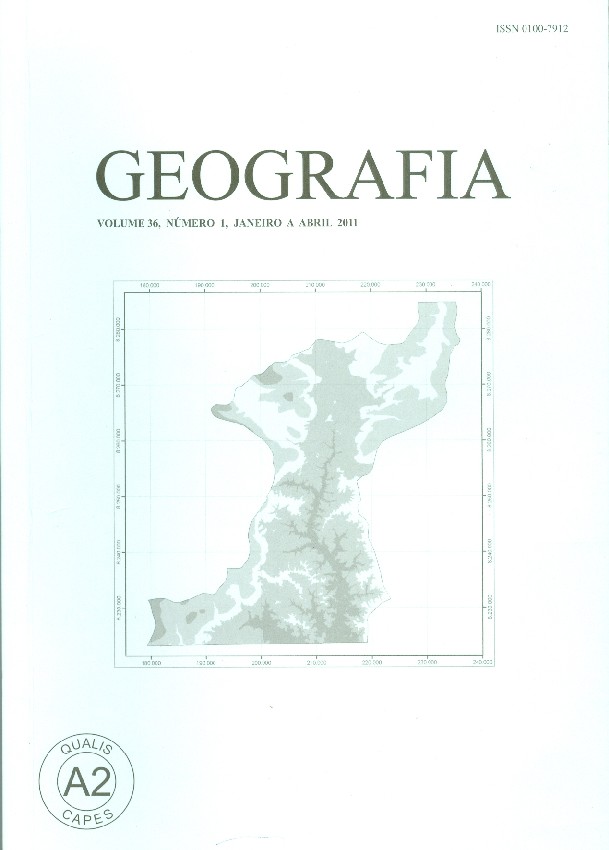DINÂMICA DAS ESPACIALIDADES RURAIS EM TERRITÓRIOS COLONIAIS
Abstract
O trabalho atende ao objetivo de caracterizar o velho sistema colonial familiar e suas dinâmicas, alterações e incorporação de relações de produção e reprodução originando a integração ao mercado. A metodologia se estrutura sob a abordagem sistêmica, revisão histórico-descritiva e análise crítica. Os procedimentos atendem as técnicas, coleta de dados e ferramentas auxiliares da investigação. A Colônia Santo Ângelo, referencial empírico, foi analisada como um espaço de reterritorizalização dos imigrantes germânicos no extremo-sul do Brasil. As atividades coloniais, voltadas à sobrevivência do grupo social, ensejou o desenvolvimento da policultura ampliando a produção que atendeu demandas locais e regionais. Promoveram-se novas formas de comercialização respeitando ao estilo colonial e incorporando, devido às relações externas, novas atividades nas colônias que alterou os sistemas de produção, por exemplo, a instalação de CAIs. A pequena dimensão das propriedades e ausência de capital esgotou este sistema de produção devido à maximização da exploração dos recursos naturais, permitindo aos produtores familiares agregar novas alternativas, como a agroindústria artesanal familiar, existente na cultura germânica e conduzida por seus códigos culturais. Estas inovações possibilitam a permanência do grupo social no campo mantendo sua cultura colonial, sob um novo sistema de produção integrado ao mercado. Palavras–chave: Dinâmicas socioeconômicas. Espacialidades rurais. Territórios coloniais. Sistema Colonial Familiar. Reterritorialidade. Rural spatiality dynamics in colonial territories The following paper aims to characterize the old familiar colonial system and its dynamics, changes, and incorporation of production and reproduction relationships originating the integration into the market. The methodology is structured on the systemic approach, historic-descriptive review, and critical analysis. The procedures fulfill the techniques, data collection, and auxiliary tools for the investigation. Santo Angelo colony, the empirical referent, was analyzed as a space for a new territoriality of the German immigrants in the southernmost region of Brazil. The colonial activities approaching the survival of the social group aimed the development of multicultural features, widening the production that fulfilled local and regional demands. New commercialization ways have been promoted respecting the colonial style and incorporating, due to external relationships, new activities in the colonies that changed the production systems, for instance, the establishment of CAIs. The small dimension of the properties and the lack of capital finished with this system because of the maximization of the natural resources exploration, enabling family producers to aggregate new alternatives, such as handicraft family farms, existent in the German culture and conducted by its cultural codes. Such innovations enabled the maintenance of the social group in the farms, keeping the colonial culture under a new production system integrated to the market. Key words: Socioeconomic dynamics. Rural spatiality. Colonial territories. Family colonial system. Reterritoriality.Downloads
Published
Issue
Section
License
The authors maintain the copyright and grant GEOGRAFIA the right of first publication, with the articles simultaneously licensed under the Creative Commons BY 4.0 License, which allows sharing and adapting the articles for any purpose, as long as appropriate credits and provisions of image rights, privacy or moral rights. Other legal attributions can be accessed at: https://creativecommons.org/licenses/by/4.0/legalcode.en.
Geography, Rio Claro, SP, Brazil - eISSN 1983-8700 is licensed under the Creative Commons BY 4.0 License.





